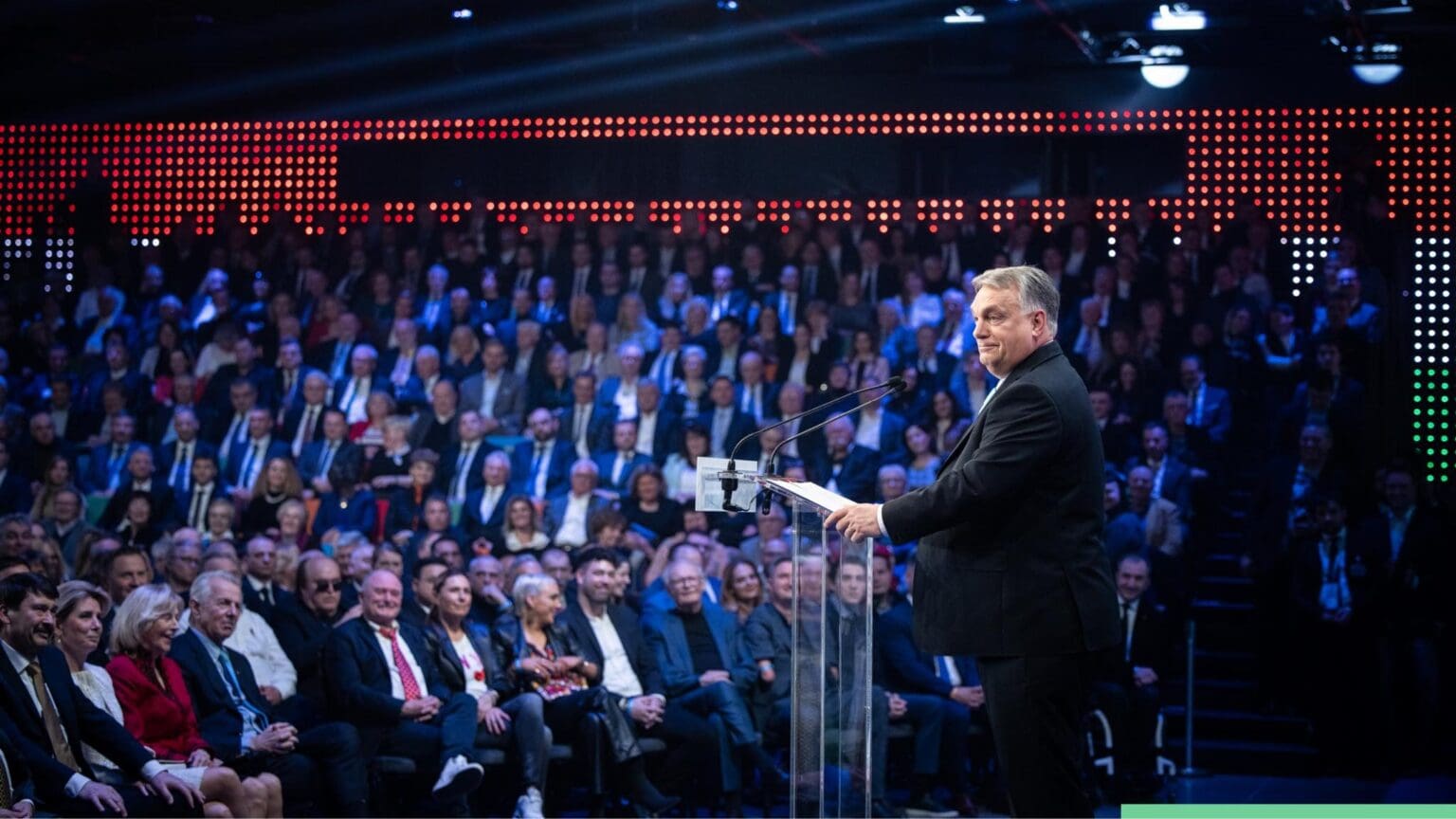
On Saturday, 17 February, Viktor Orbán will deliver his 25th annual State of the Nation Address. This year’s speech holds particular significance as the European Parliament elections draw near.

According to a recent analysis by the Oeconomus Economic Research Foundation, Hungary leads the EU in terms of marriage rate. The government’s family support system and targeted measures play a significant role in this achievement.
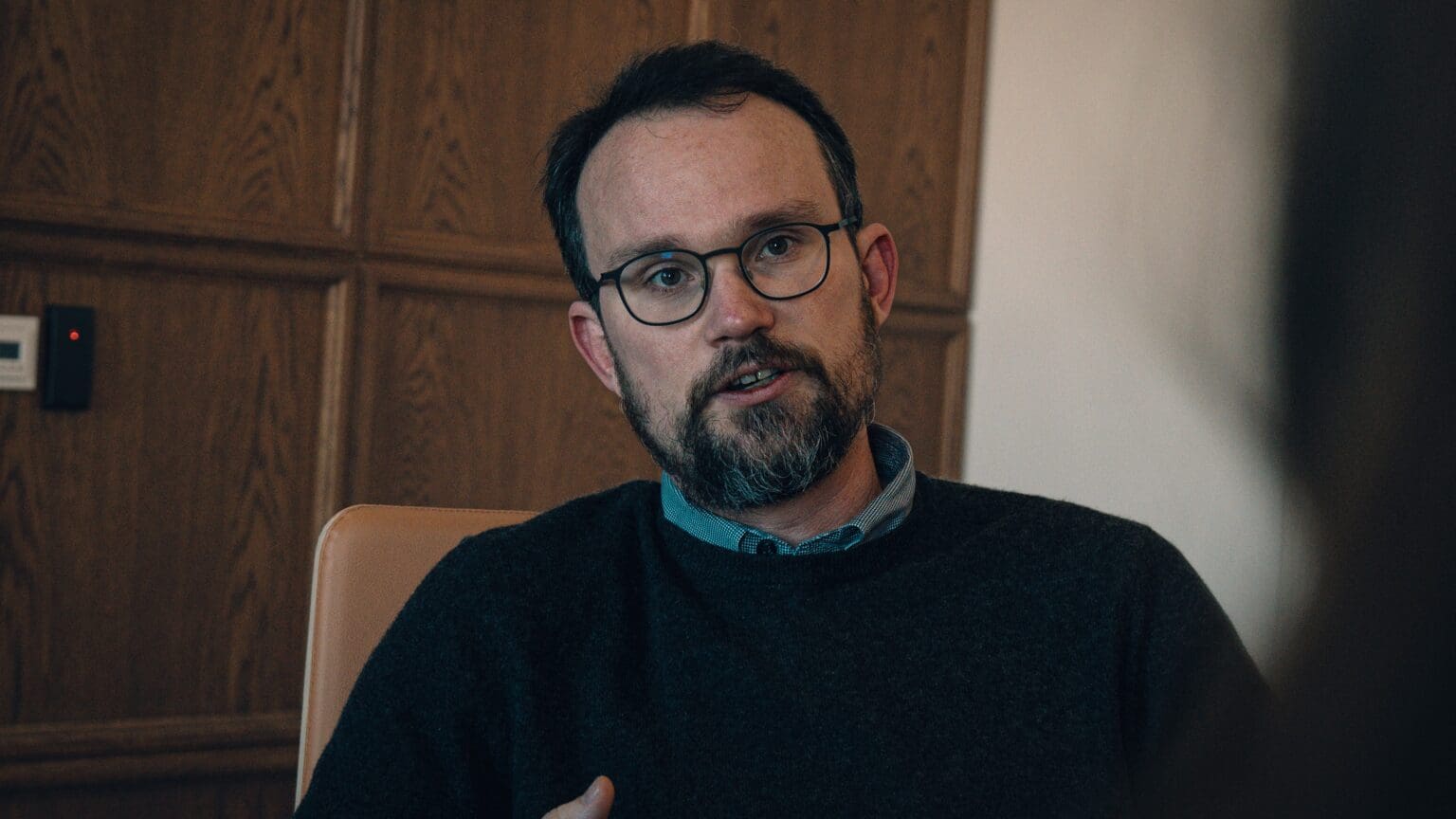
Orthodoxy is the second largest form of Christianity in the world, with some 200 million believers, Dr Noble highlighted in our interview, reminding that of the nine recognized candidate countries for membership of the EU, there six countries with an Orthodox majority.
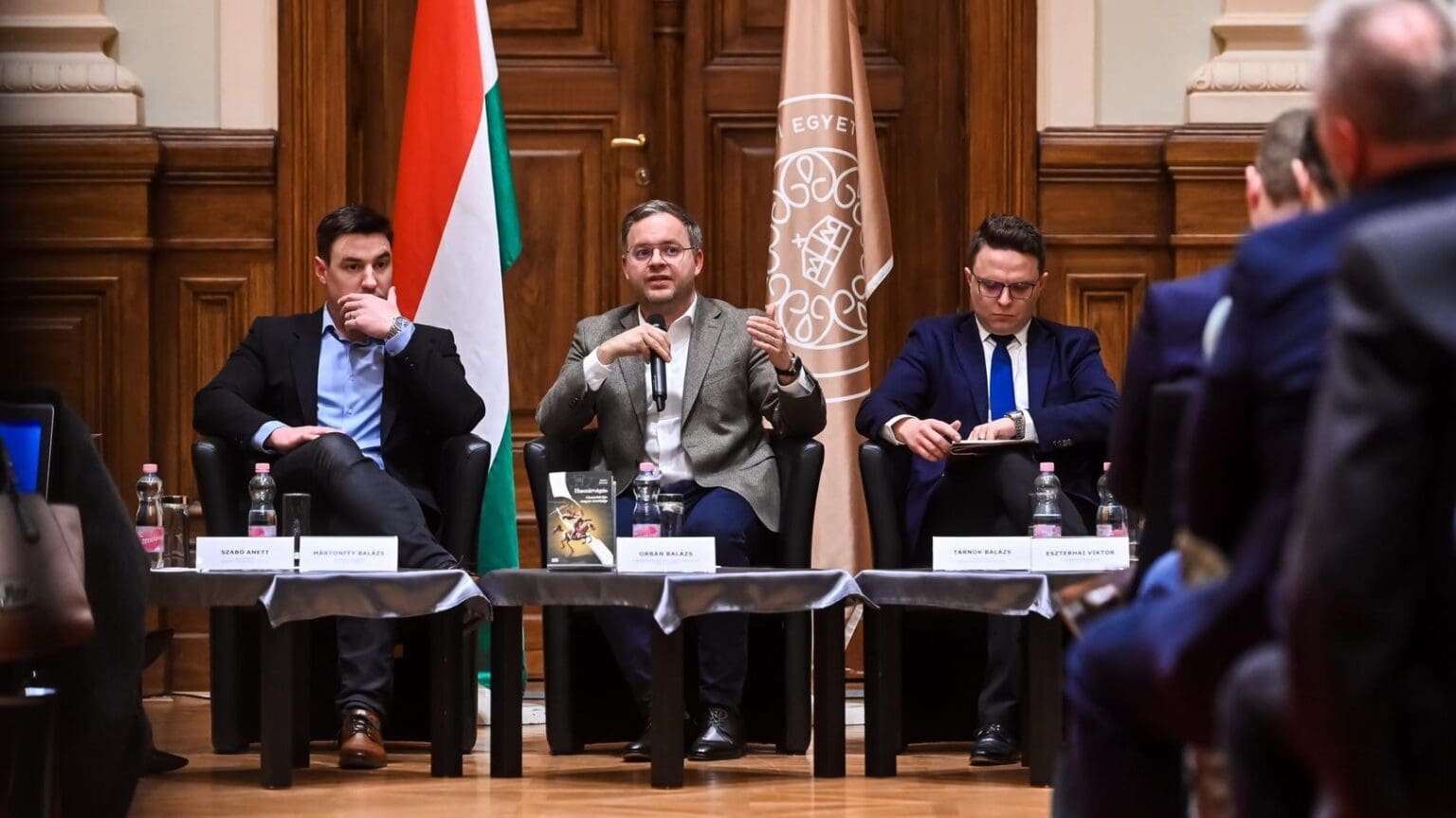
The Prime Minister’s political director Balázs Orbán held a book launch at the Ludovika University of Public Service in Budapest. The new book, now also available in English, looks at the changing geopolitical world order as well as Hungary’s role and place in it.
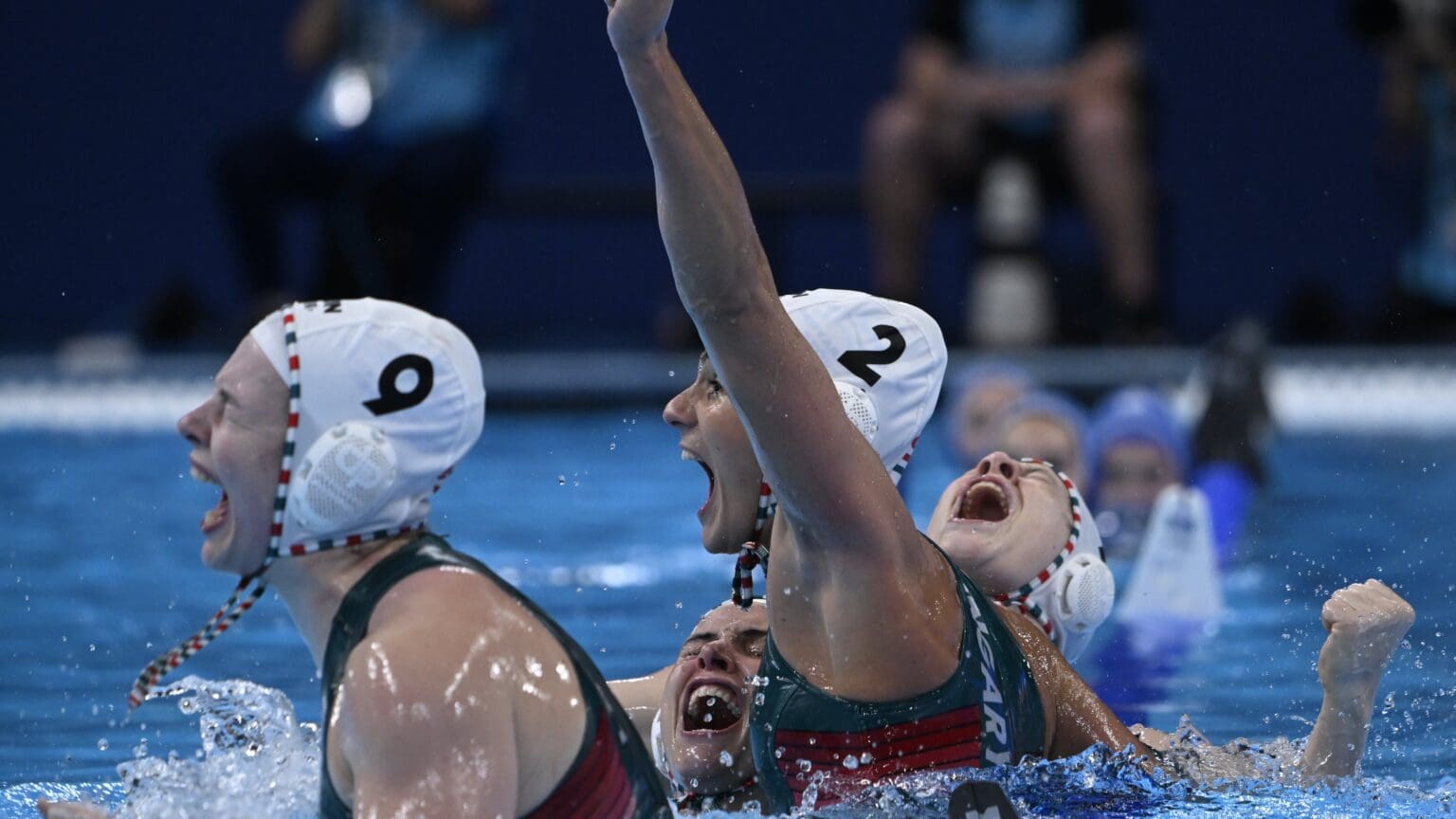
The Hungarian women’s water polo team secured a 13–11 victory over Greece in the semi-finals of the Doha World Championships on Wednesday, 14 February. They will face the Olympic champion United States in the final.
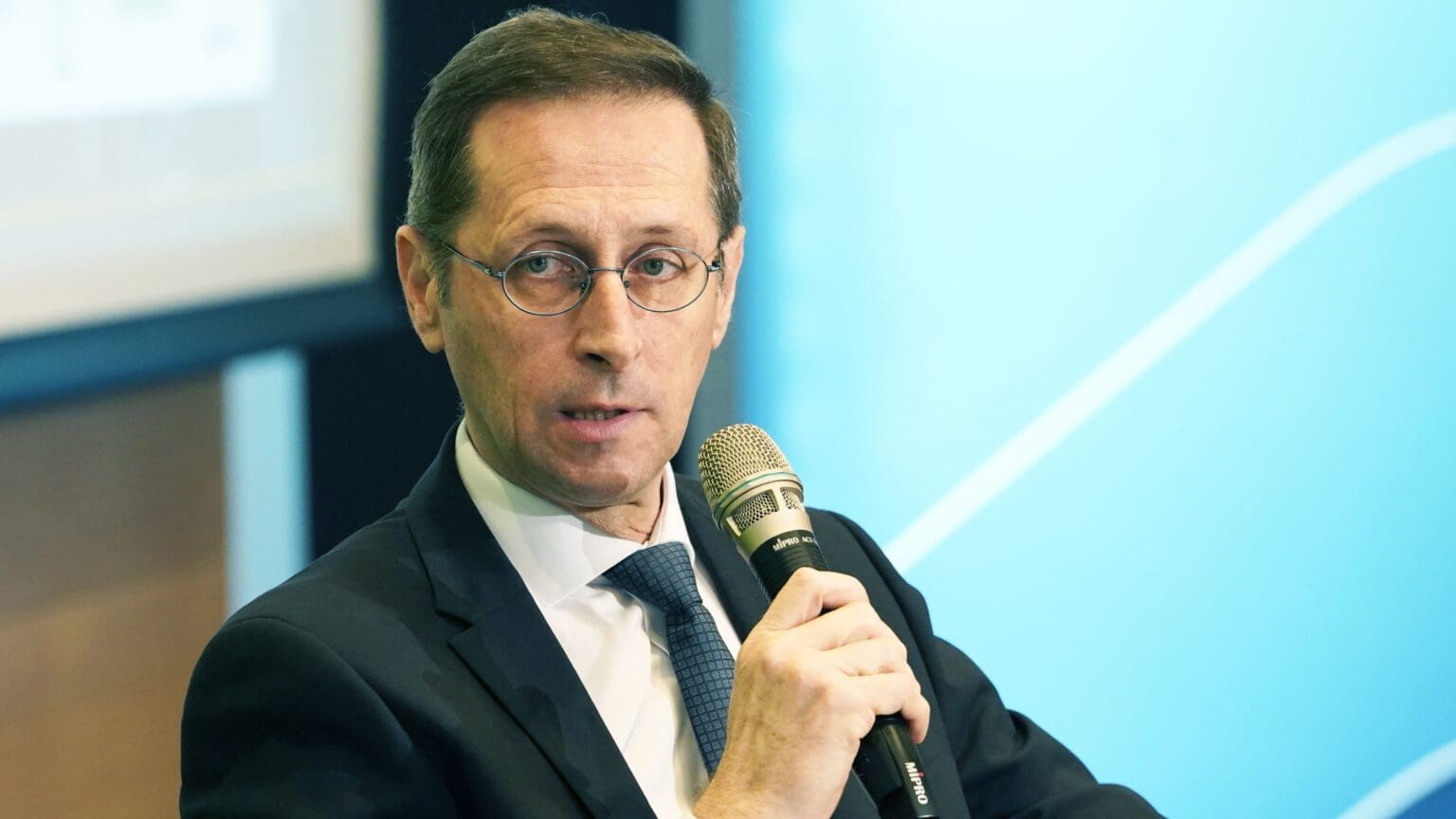
According to recently released data, the Hungarian economy has surpassed the EU average in 2023, and is poised to be among the leading countries in 2024 as well.
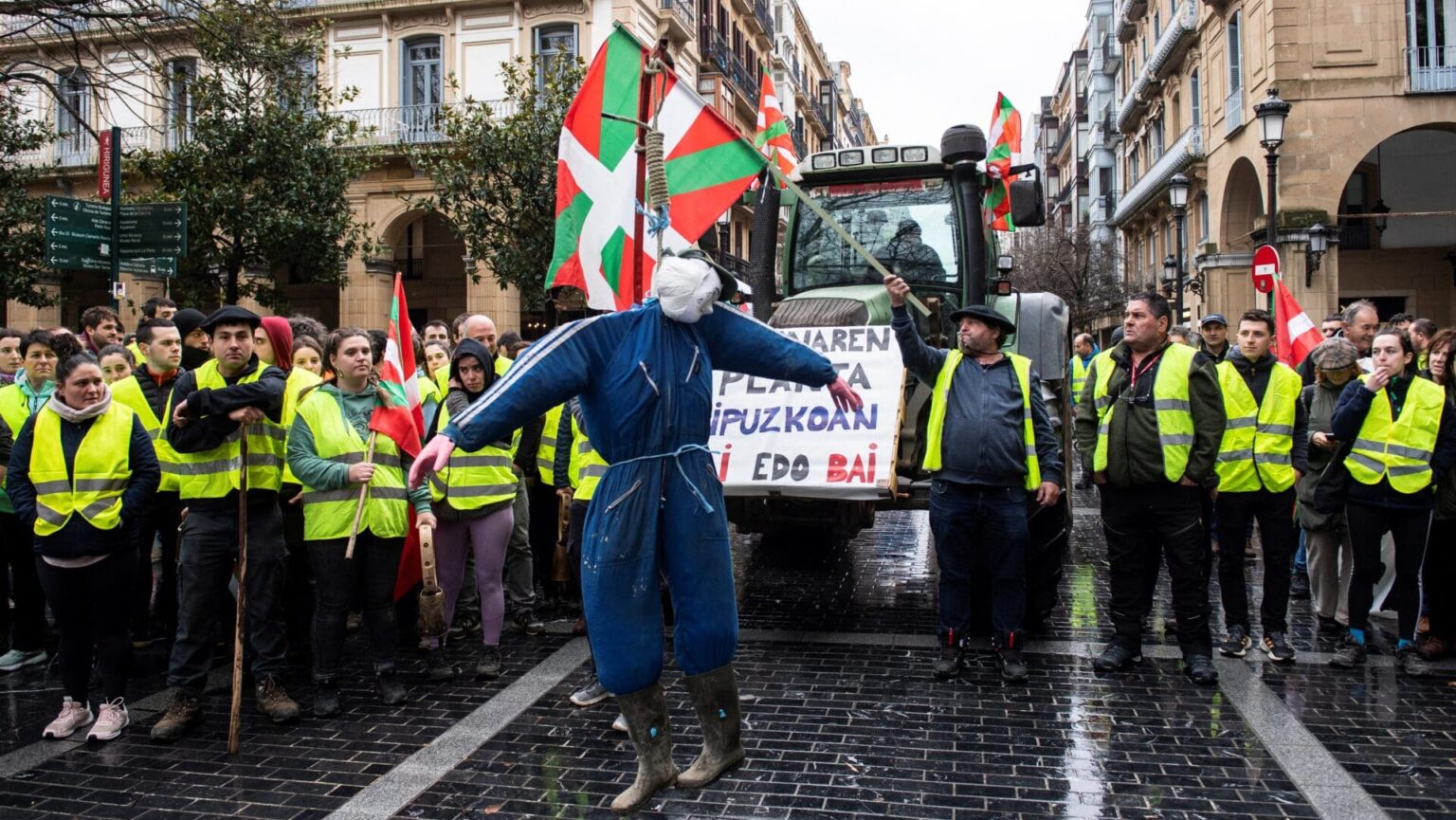
Despite concessions from the European Commission, farmer protests across Europe show no signs of abating. On 22 February, farmers from the Visegrád Group countries will hold a joint demonstration to protest against EU agricultural policies.
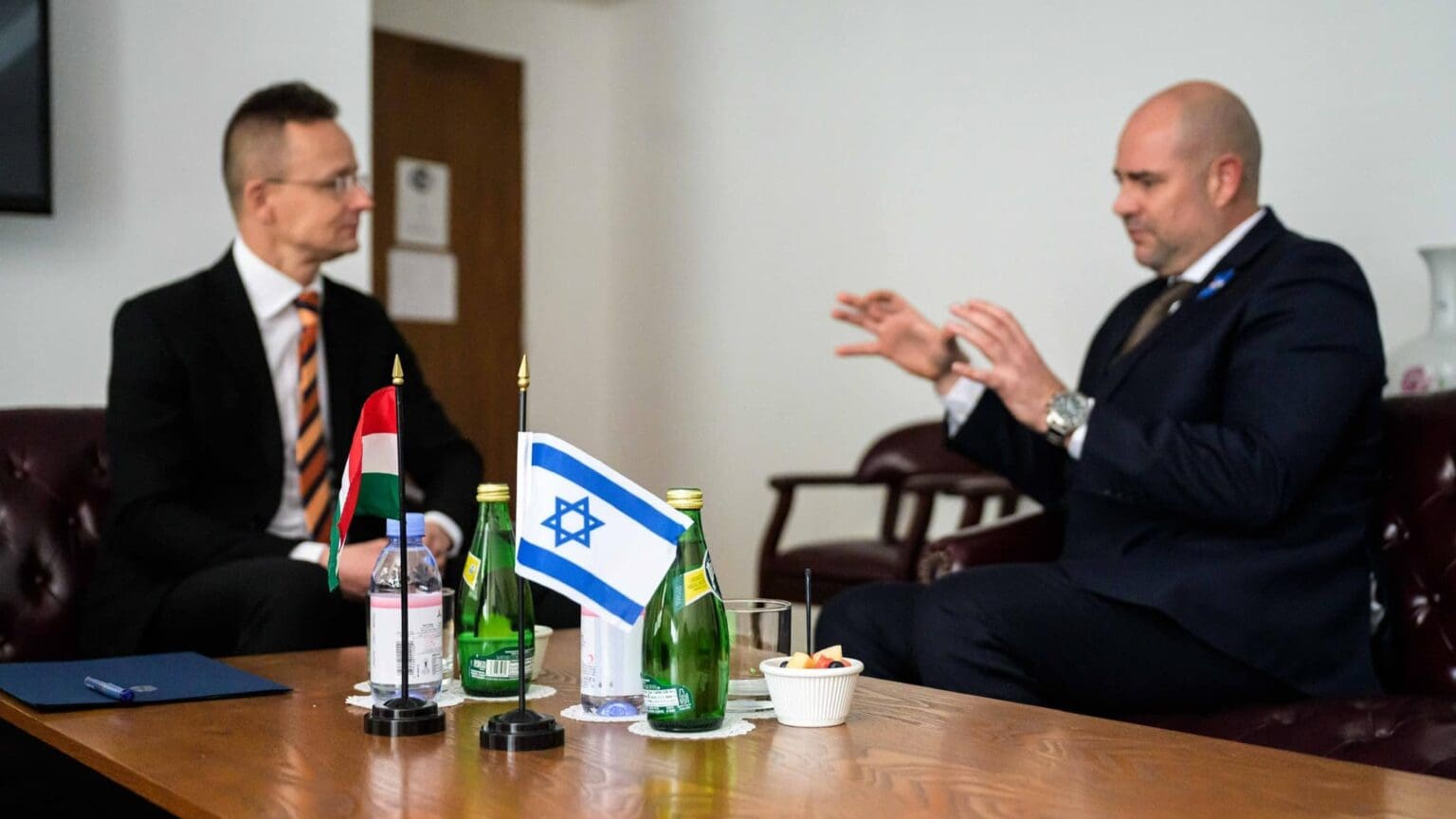
Hungary and Czechia have been the only members of the EU that have consistently declared support for the Israeli government, both before and since the 7 October massacres. Last December, they were among the ten nations that voted against a resolution at the UN General Assembly calling for a ceasefire in Gaza.
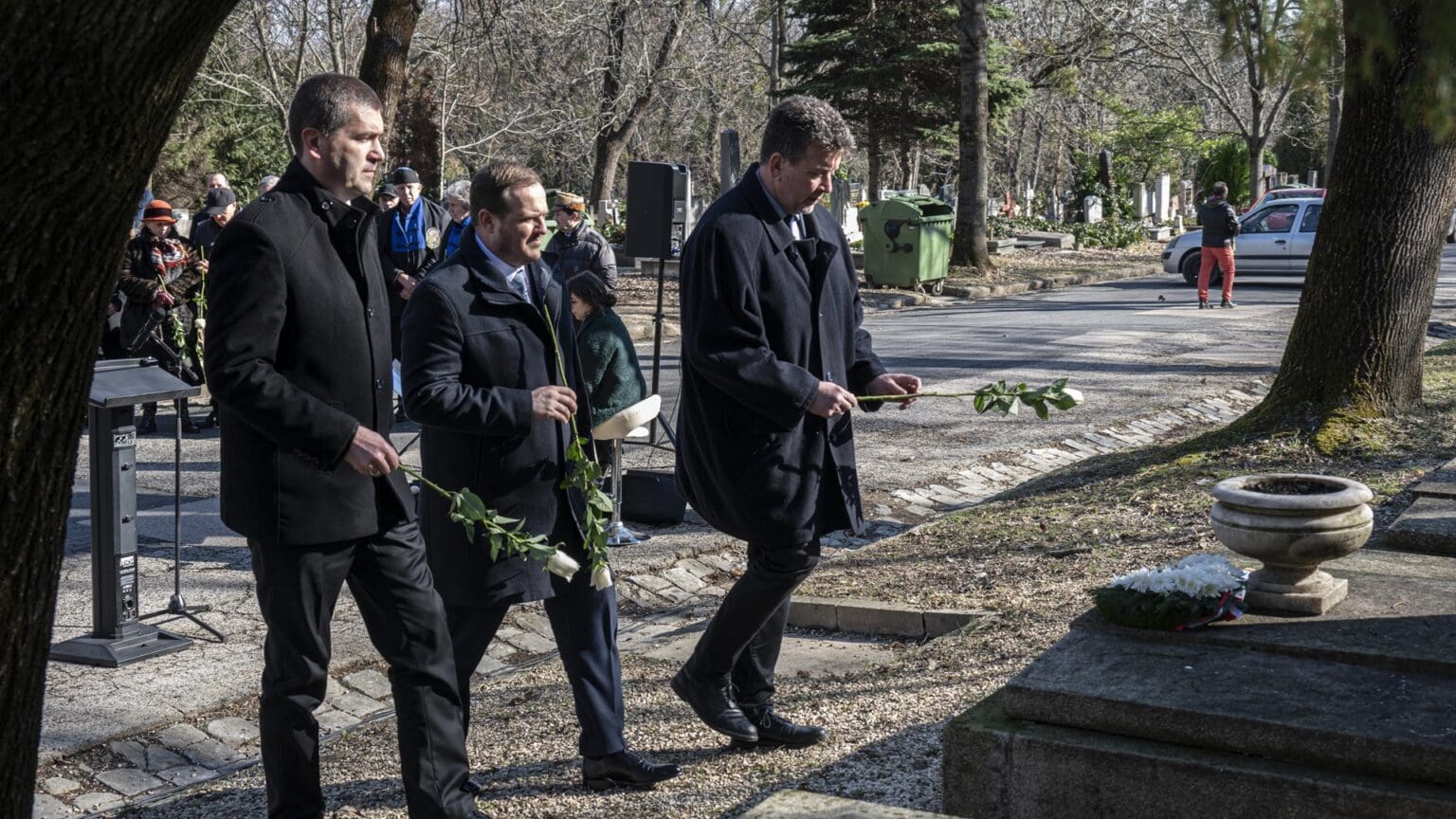
Deputy State Secretary Miklós Dukai led the event honouring the around 38,000 civilian victims who perished during the Siege of Budapest in 1944.

‘Allowing a diversity of opinion to inform one’s judgment really can be a source of strength. And, to paraphrase Cicero, taking history seriously is necessary if you wish to be a grown-up on the world stage, not a child, stomping around looking for somewhere to bomb, and somewhere else to bully.’
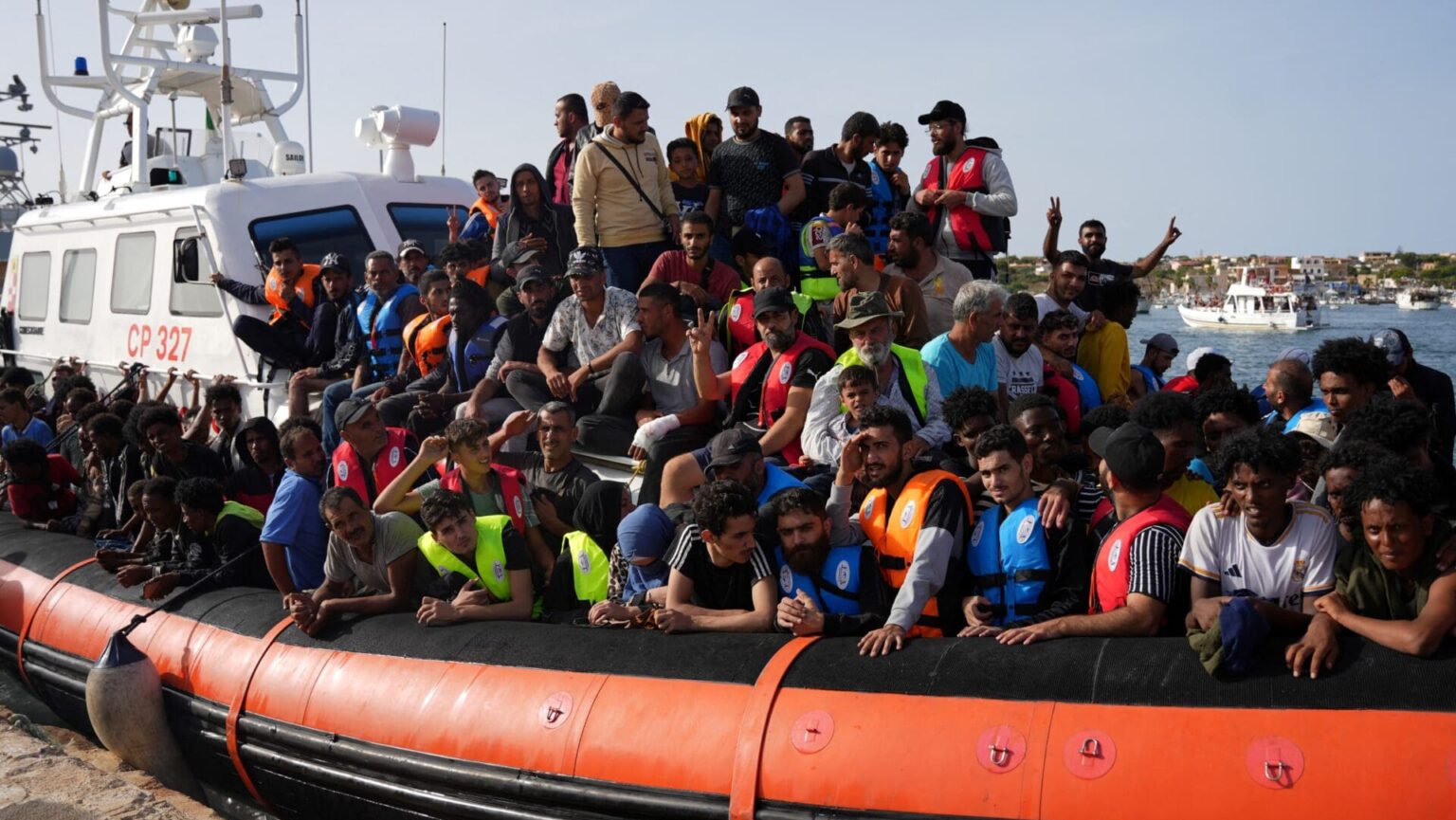
According to a recent survey, Europeans express greater apprehension towards migration and radical Islamist terrorism than towards the threat posed by Russia. The findings of the poll suggest a significant disconnect between the issues European elites focus on and the genuine concerns of the general populace.
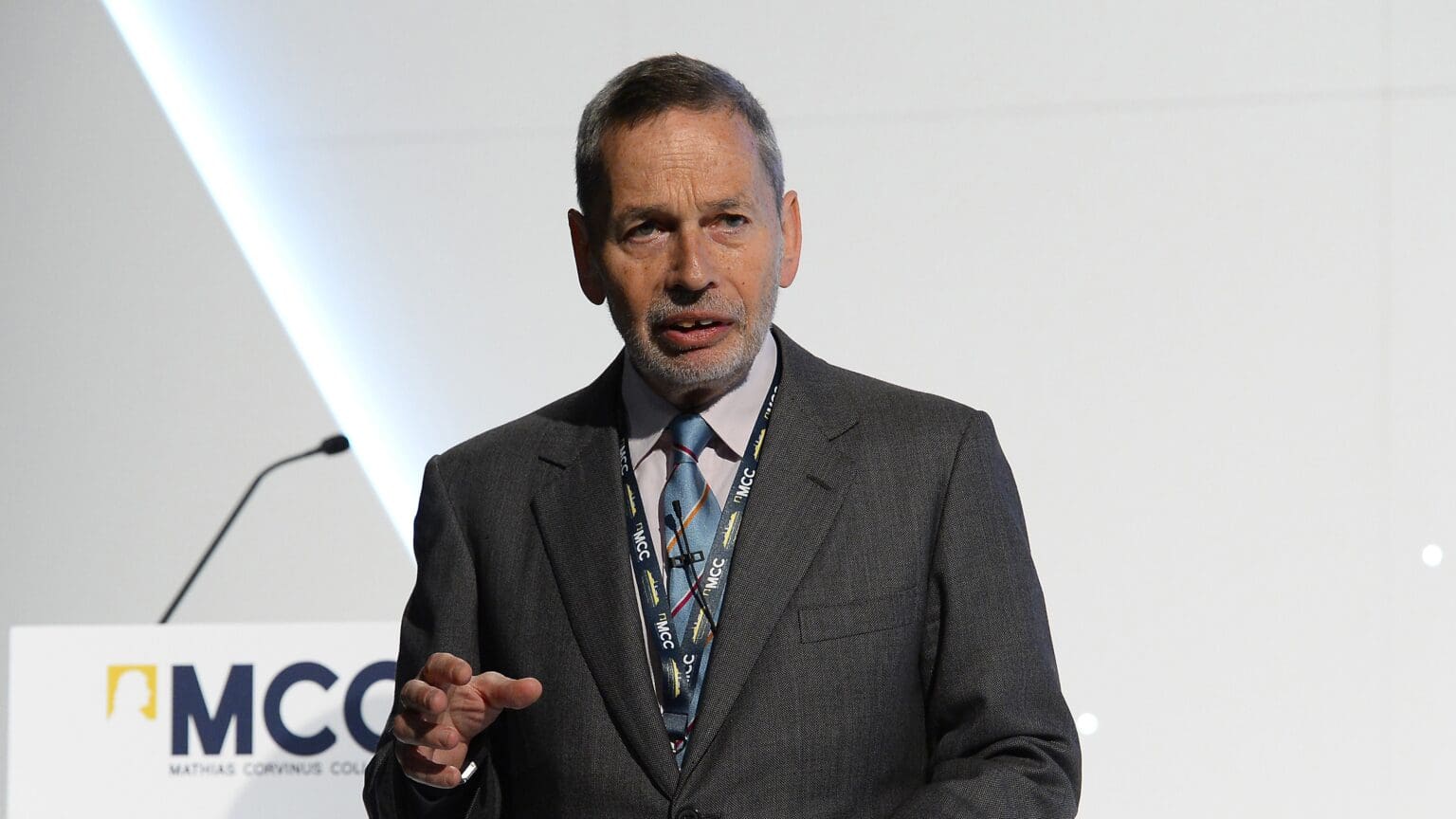
According to MCC Brussels Director Frank Füredi, it is crucial to intellectually empower children, and if the quality of teaching does not improve in classrooms, the future of education itself is at risk.
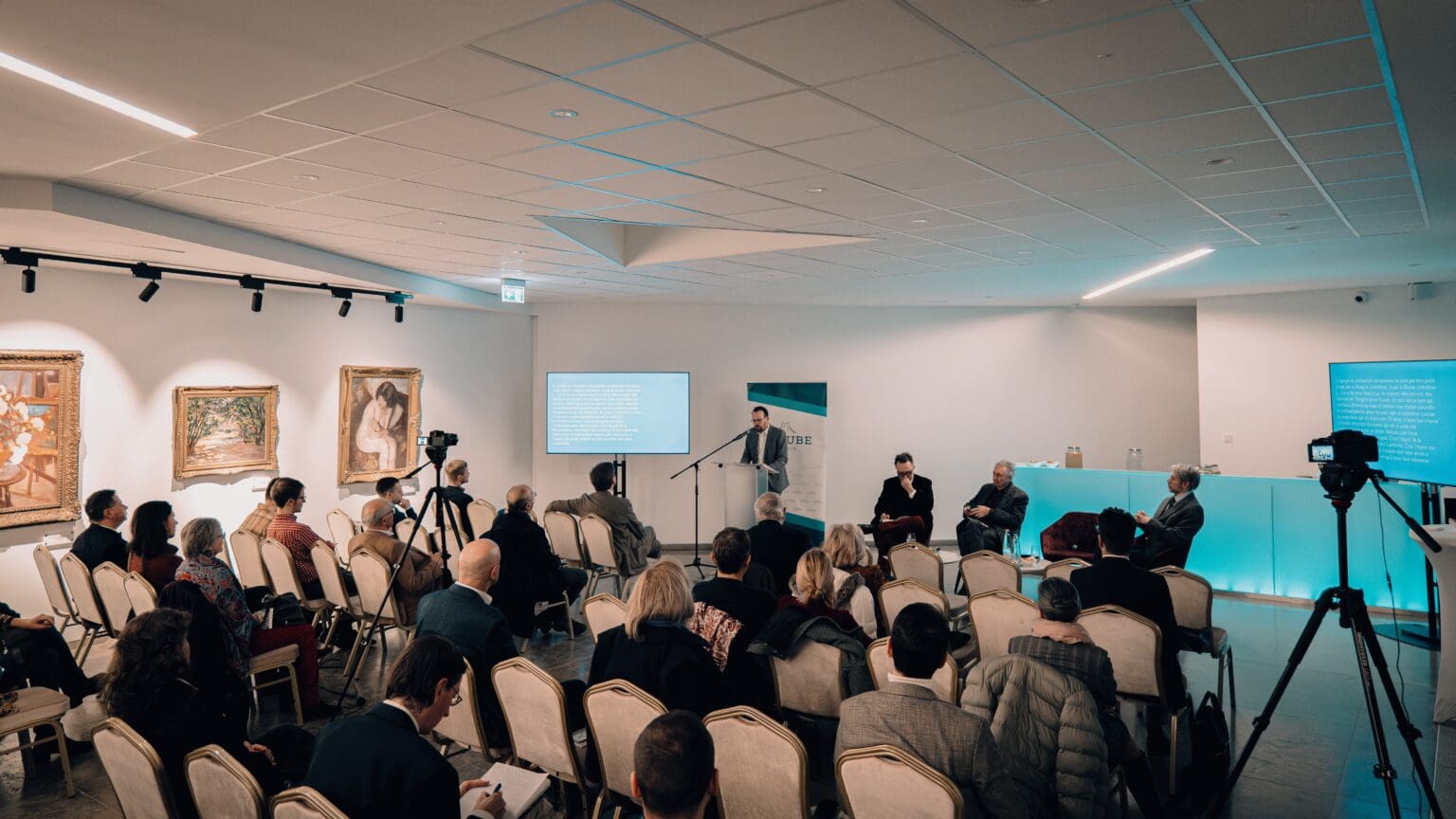
According to Dr Samuel Noble, countries with a predominantly Orthodox Christian population have been able and willing to preserve their traditions. Contrary to the proposition put forth by Samuel Huntington, Dr Noble highlights the primacy of national identity in countries professing Orthodox Christianity, as a result of which, he contends, there has never been a truly unified Orthodox bloc.
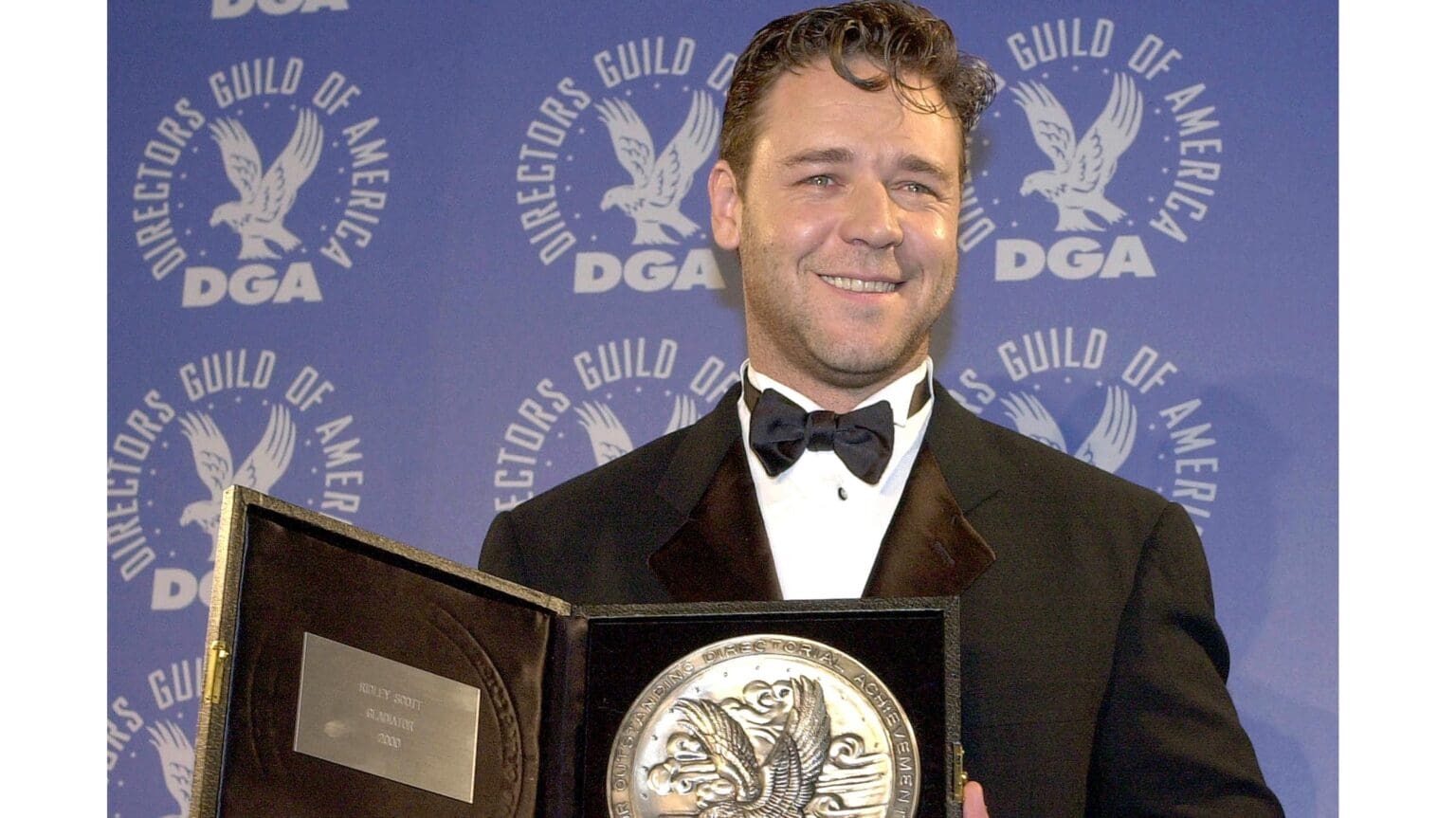
The two will be starring in Nuremberg, a historical drama directed by James Vanderbilt about American psychiatrist Douglas M. Kelley’s series of interviews with incarcerated Nazi leader Hermann Göring ahead of the Nuremberg trials.
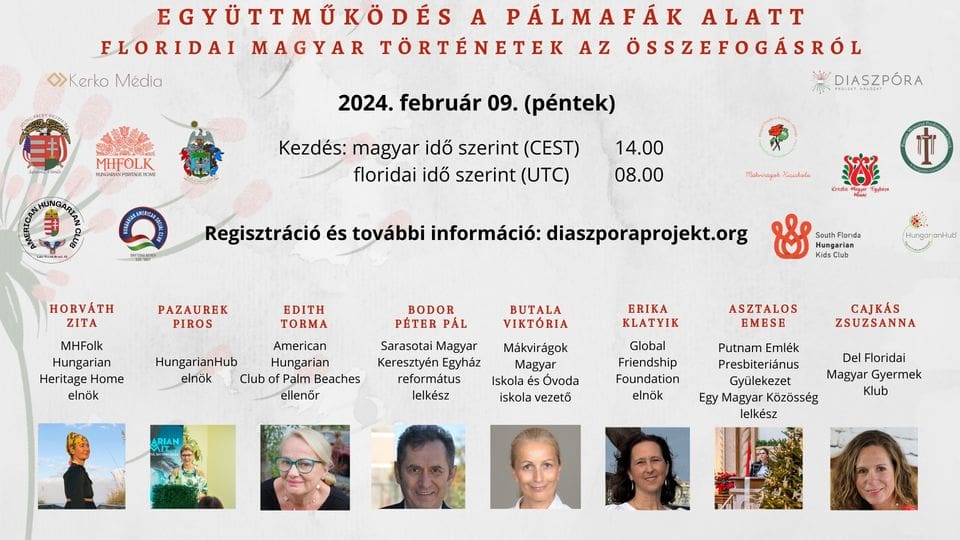
At an online conference titled Cooperation under the Palm Trees held on 9 February the invited panellists represented various Florida-based Hungarian organizations. Participants from eight countries all over the world were able to gain insight into the exemplary cooperation of Hungarians in Florida.
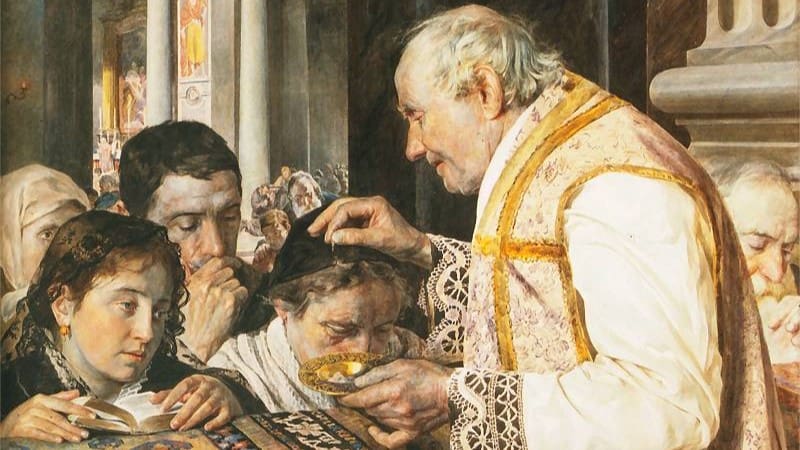
On this day that millions of Christians observe worldwide, we share St John Paul II’s thoughts on the significance of Ash Wednesday.
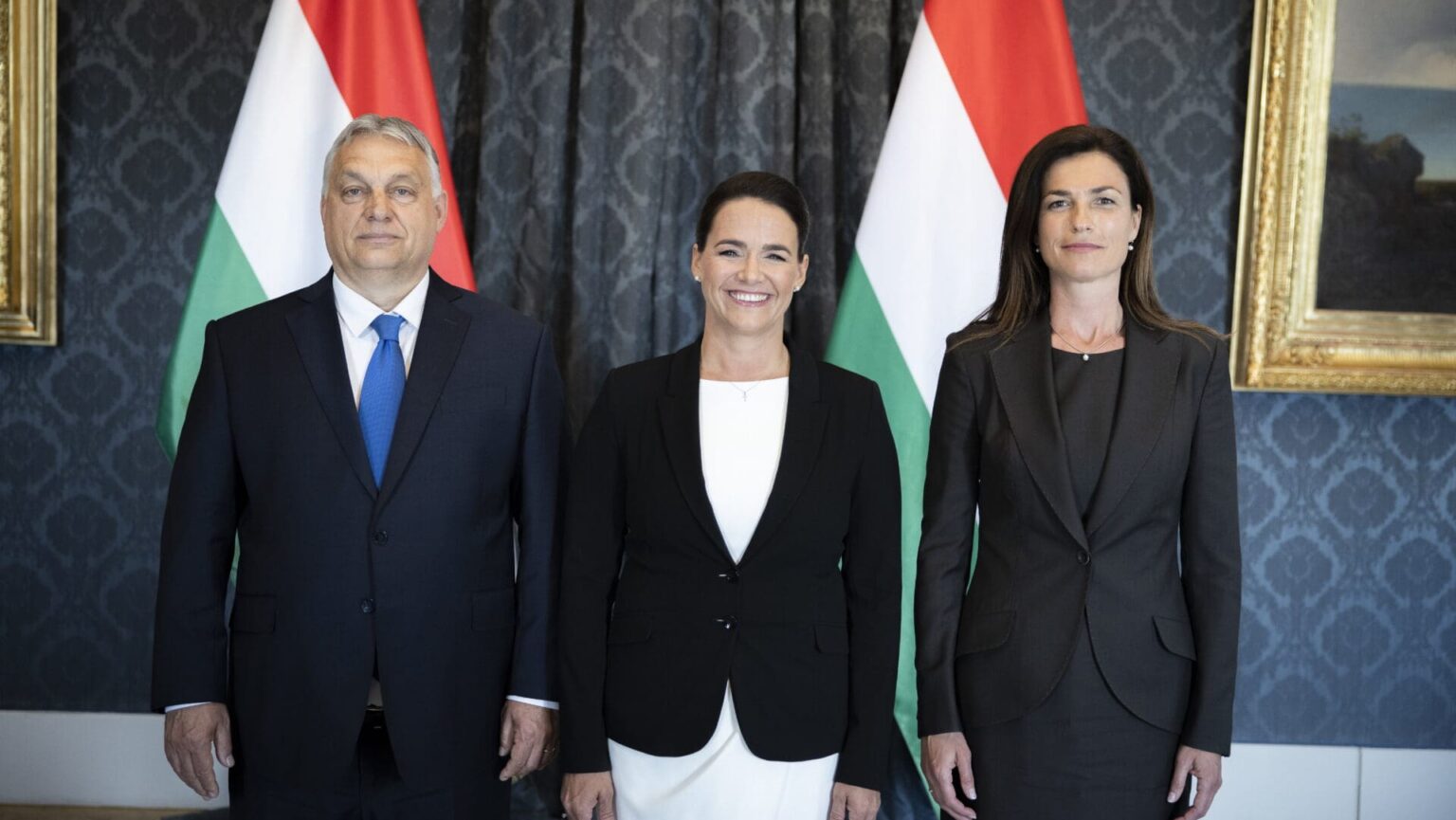
Our editor-in-chief’s take on the resignations of Katalin Novák and Judit Varga, and what they entail for Hungarian conservatives.

On the last day of Carnival, we share the thoughts of education scientist Mária Bajzáth, founder of a pedagogical storytelling workshop, on the role of masks, the magic of tales, and the community-building and community-preserving power of the festival.
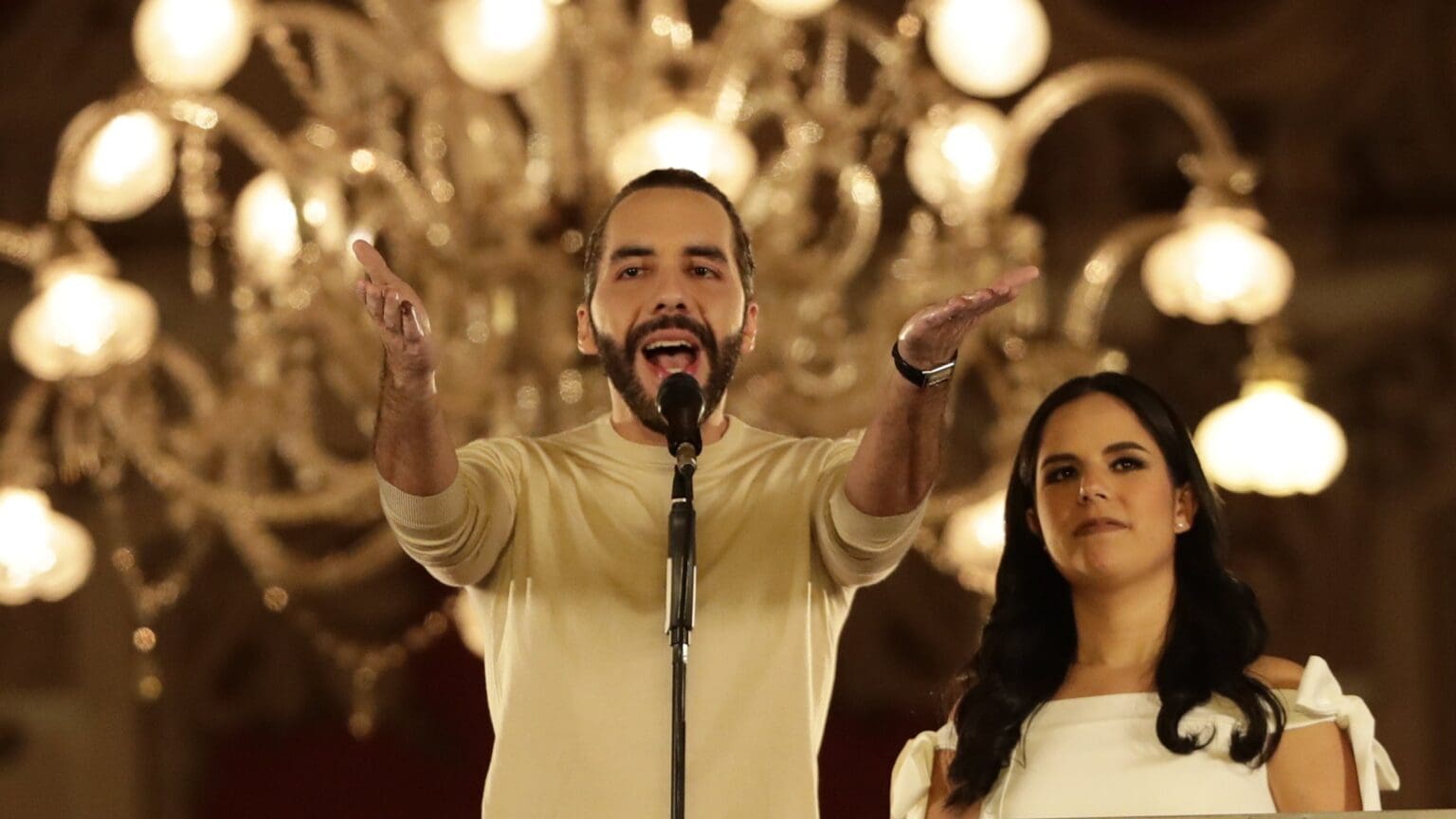
US foreign policy is set ‘to remain volatile and subject to disruption with changes of government and the whims of the political class. For a country like Hungary—arguably lacking the same geopolitical leverage vis-à-vis Washington—the Salvadoran reality might not offer a blueprint, but it does present a lesson’, our contributor Michael O’Shea argues.

In Hungary, people traditionally think in terms of owning their own homes, which not only provides predictability but also financial security for the next generation.
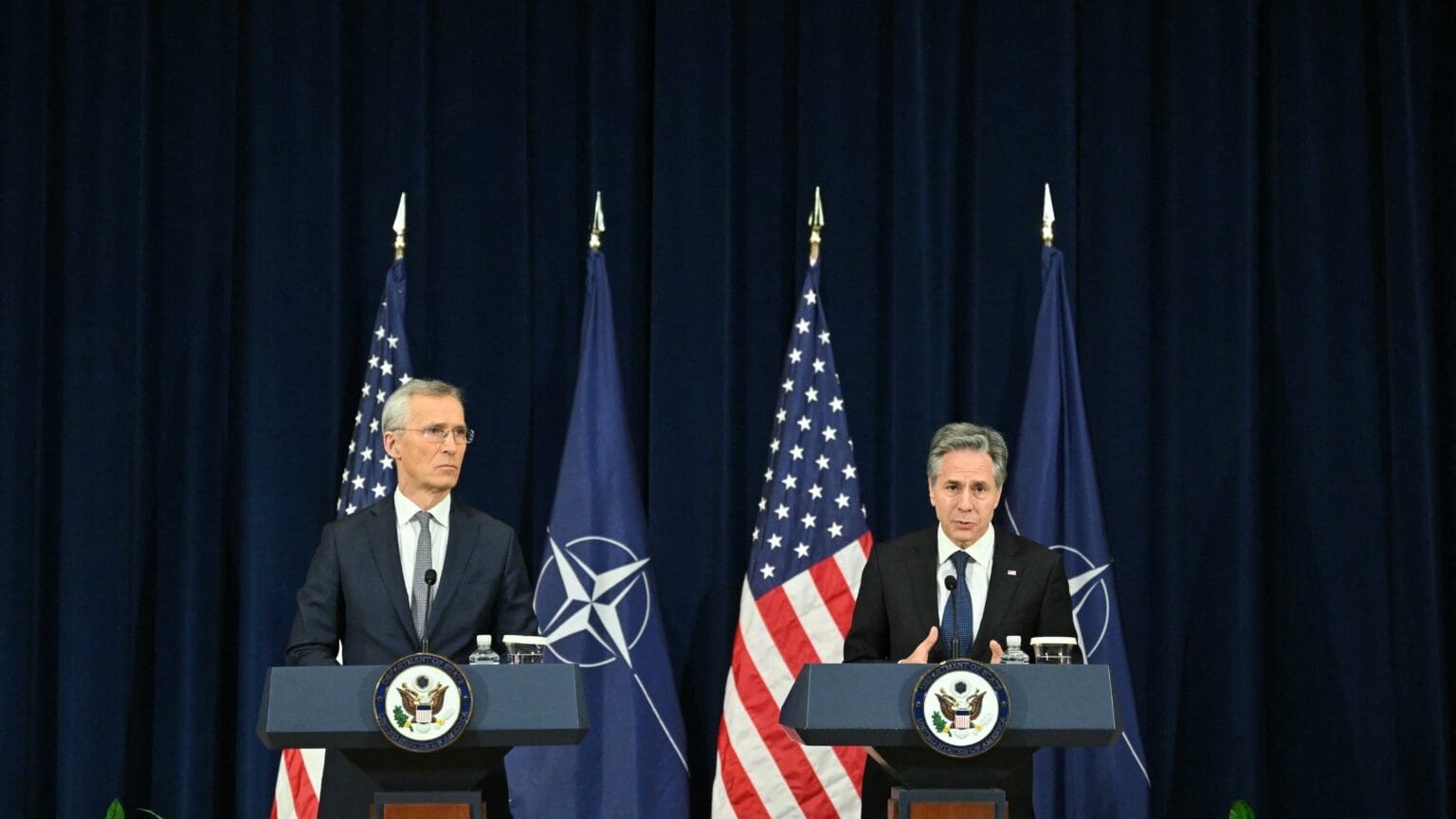
Fears of a potential second presidential term of Donald Trump have allegedly prompted NATO to devise a plan to assume the coordination of arms deliveries to Ukraine, replacing the United States.
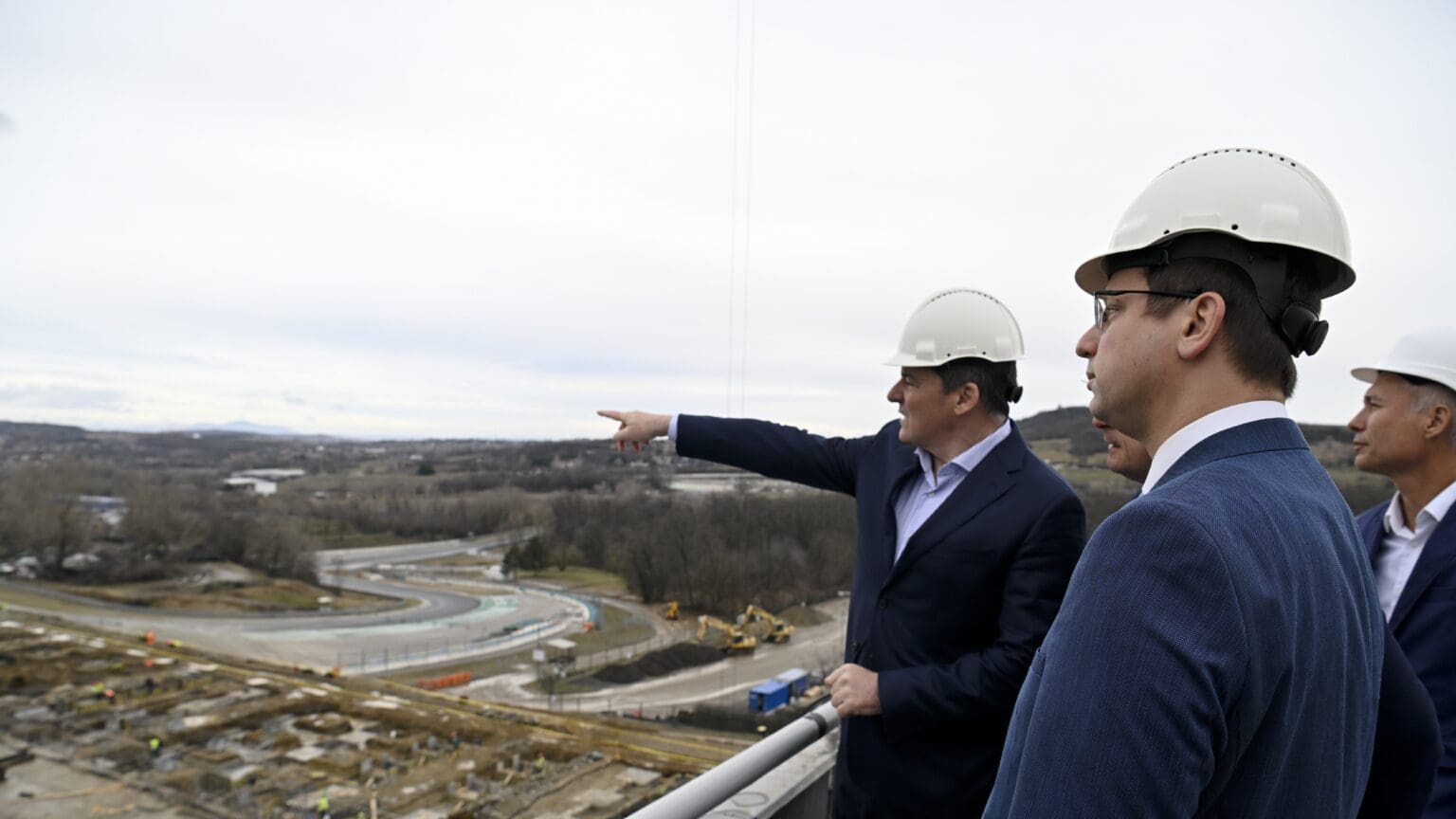
The contract extension for the Hungarian Grand Prix Formula 1 race will cover the comprehensive renovation of the Hungaroring, currently underway and scheduled to be completed by 2026.
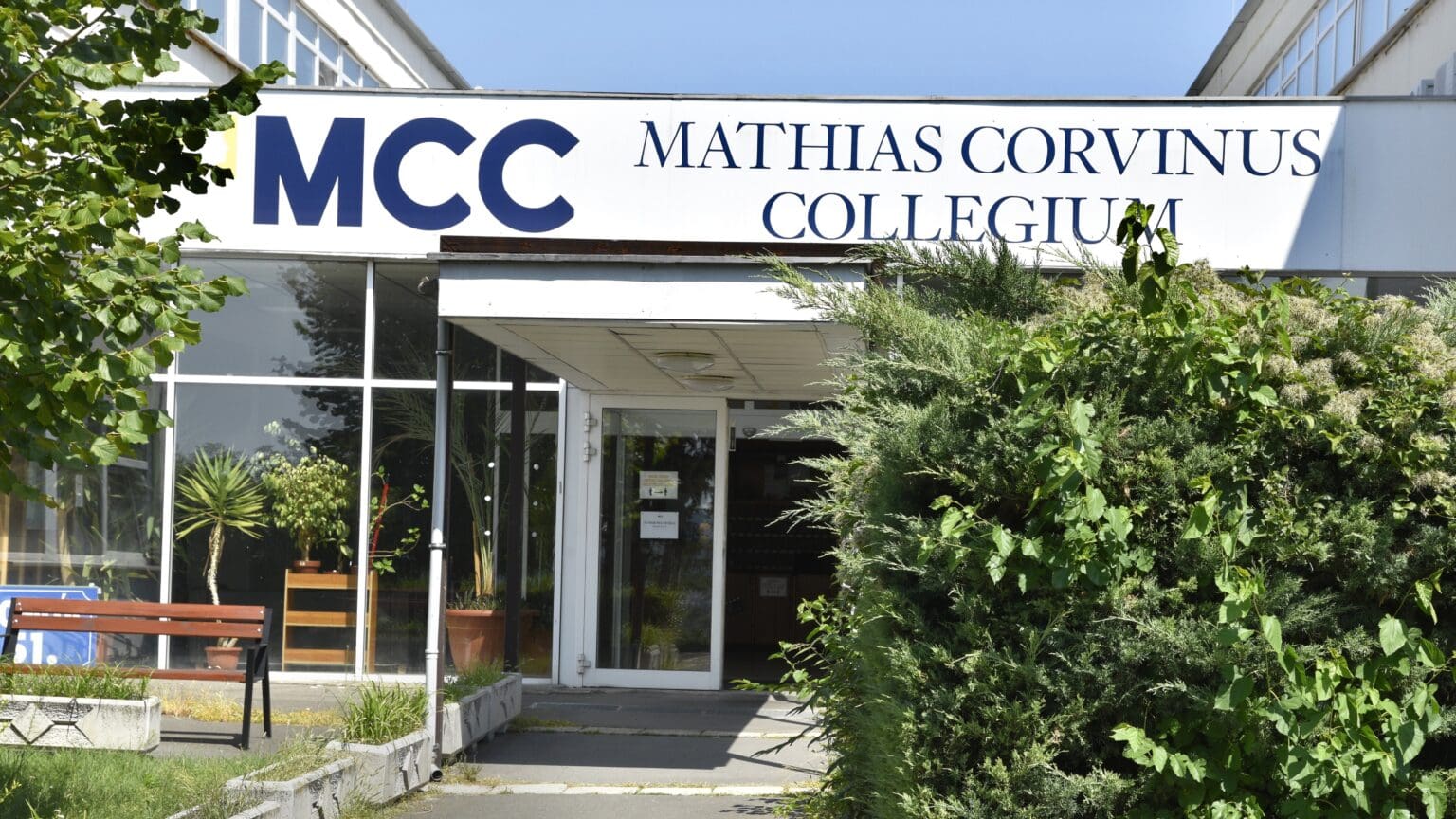
The MCC University Programme is unique in Europe, offering small-group, personalized training covering multiple disciplines, complementing traditional higher education in Hungary. Many young people participating in the programme enrol in MCC training already in primary school, becoming part of a cohesive community.
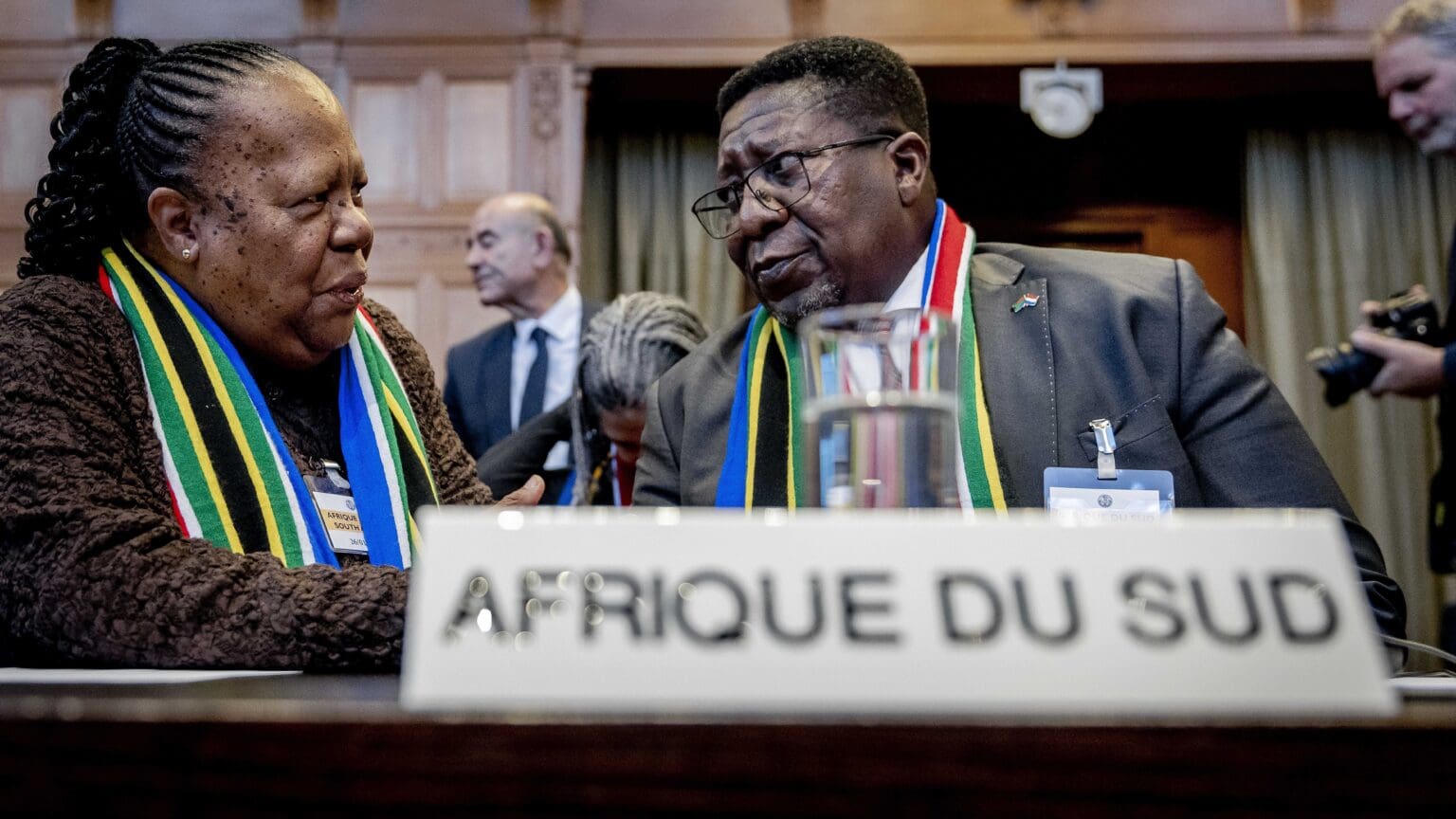
While South Africa alleges that Israel has committed genocide in Gaza, it failed to condemn some of the most severe human rights abuses of our times in the past. Pretoria’s assertion that its engagement to prevent grave human rights violations, fulfilling its responsibilities ‘under a treaty obligation to prevent genocide from occurring’ is a political stunt and a blatant attempt to exploit the international legal system.
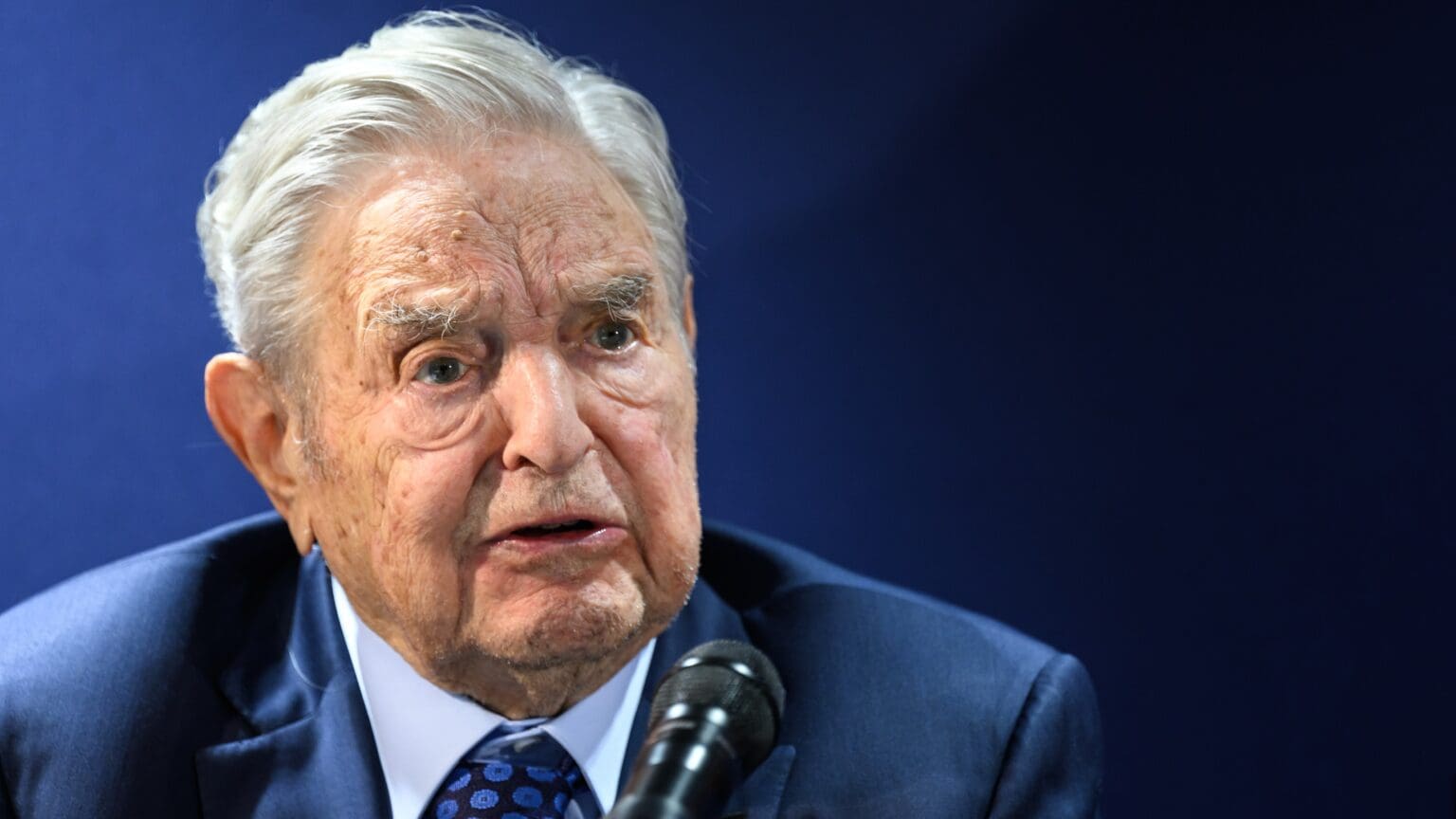
The Sovereignty Protection Office has recently launched an investigation into footage that has been circulating like wildfire on social media platform X, which shows that Hungarian-born American billionaire George Soros did indeed interfere in the 2022 parliamentary elections in Hungary.
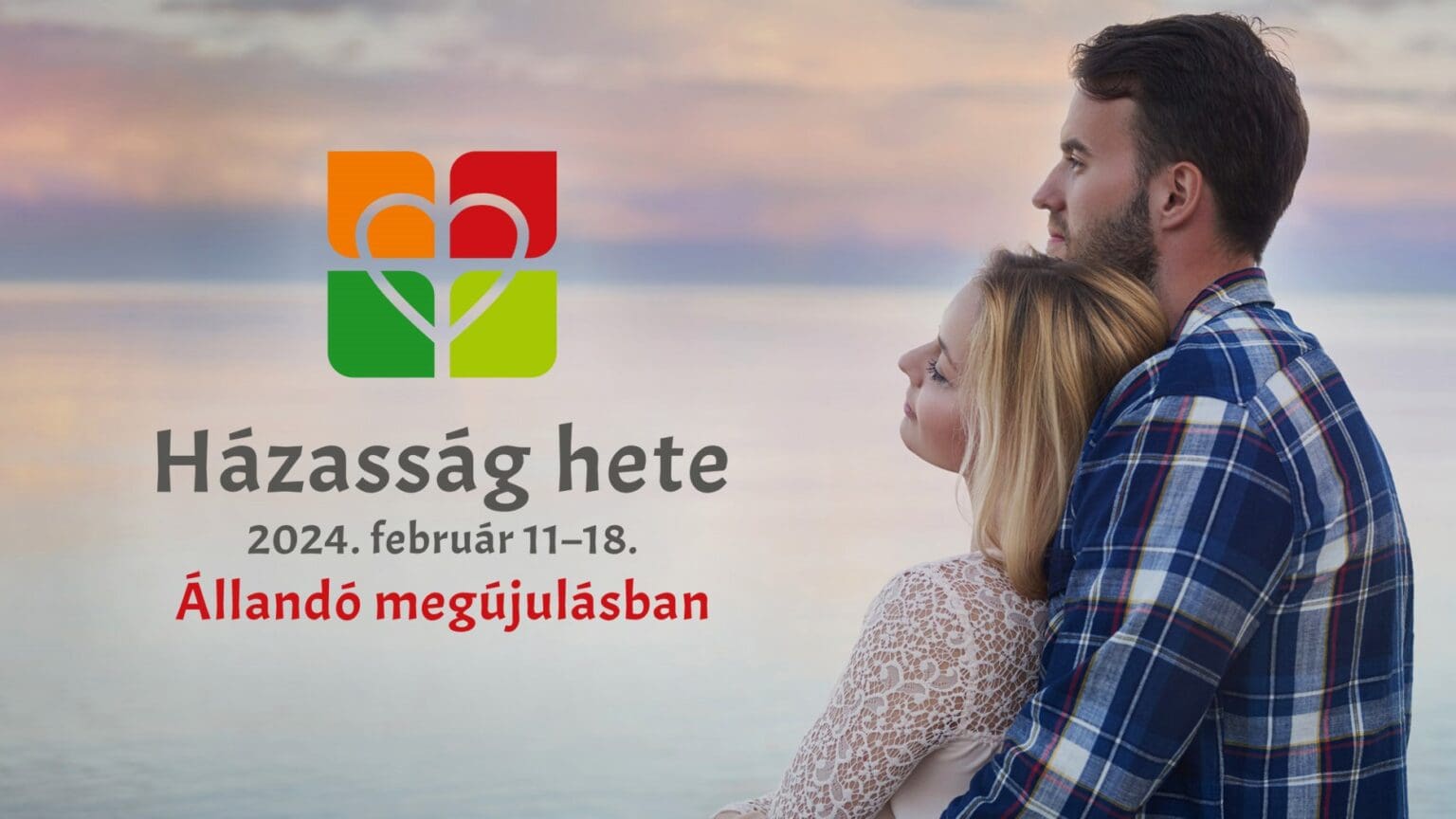
This year’s motto for Marriage Week is ‘constant renewal.’ Throughout the series of events, the organizers will explore how couples can, in today’s rapidly changing environment, focus on each other, grow together, renew their marriage, find new common goals, and adapt together to new life situations.
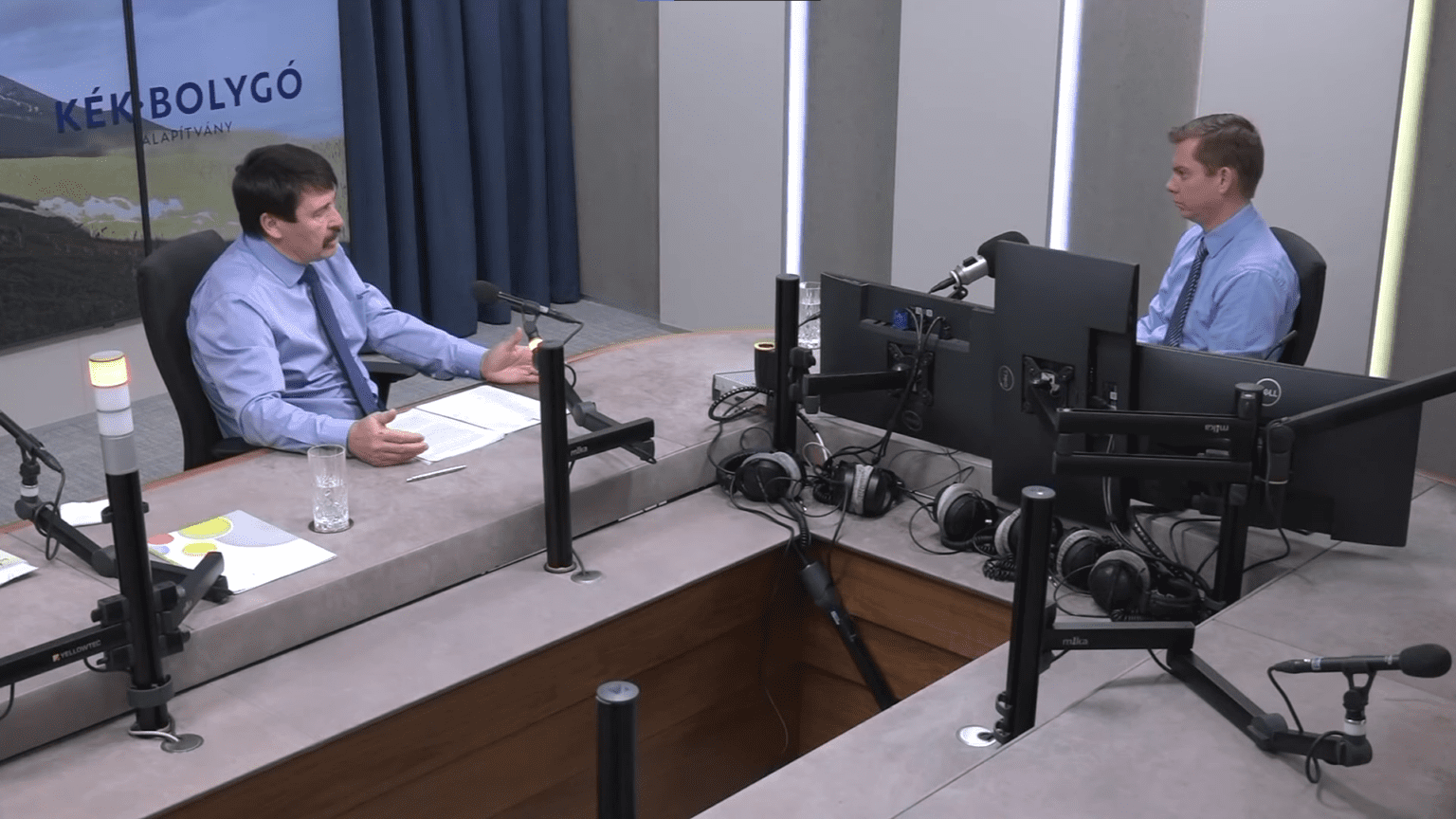
Áder noted that in Europe alone, 10 to 12 million cars are produced annually, and from 2035 onwards, only electric cars will roll off the assembly lines. This means that in Europe, 10 to 12 million batteries will be needed annually for car production.
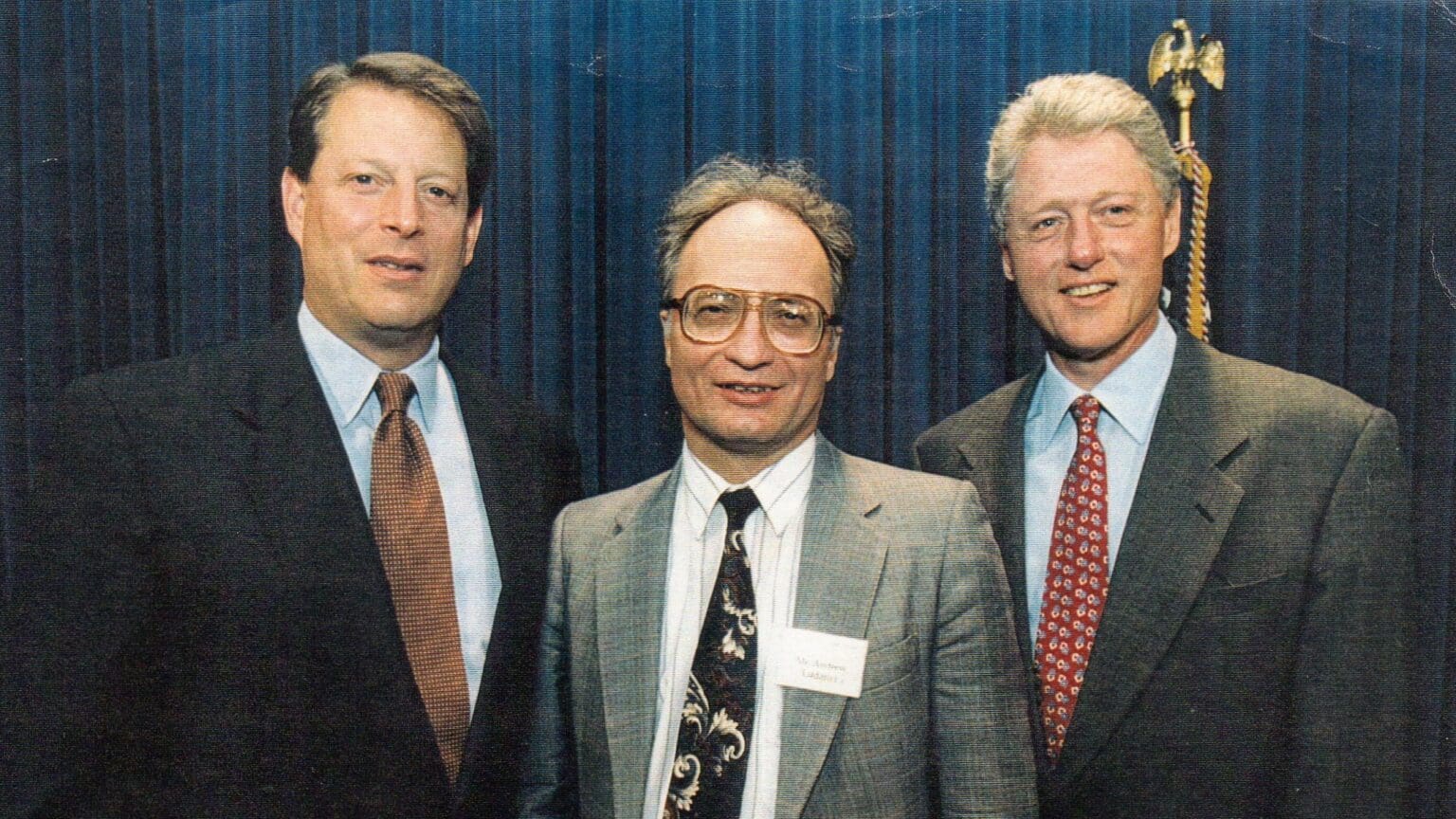
An interview with Hungarian American political scientist András Ludányi on his family background, scouting, his teaching career, his political preferences, and the representation of Hungarian interests in the US.

During these awareness-raising sessions, which precede children’s and youth productions, a stage actor, accompanied by a four-legged friend, utilizes experiential pedagogy to draw attention to the importance of animal protection and responsible pet ownership.
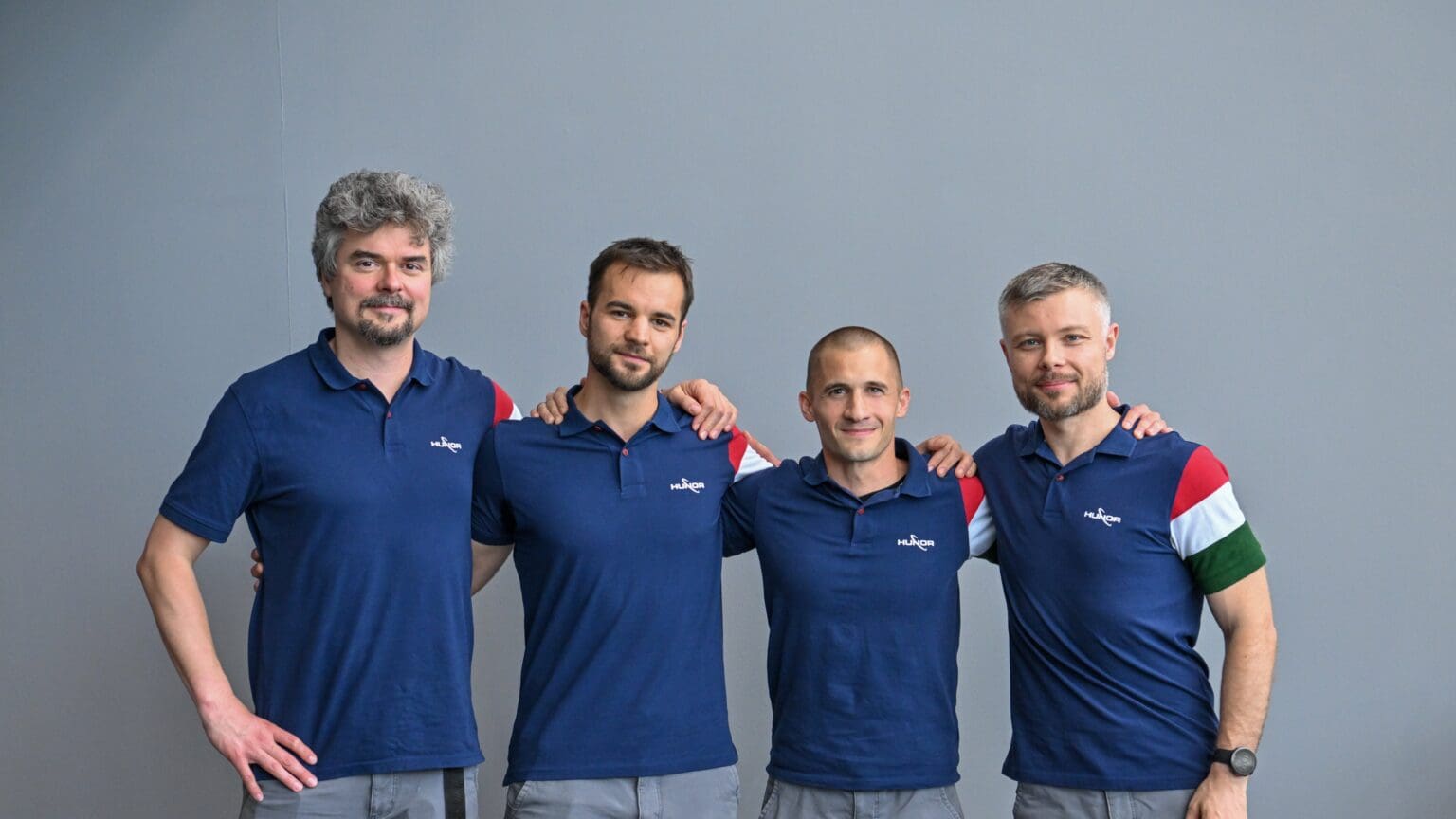
The HUNOR–Hungarian Astronaut Programme started its two-year training last March with a physician and three engineers in Hungary’s newly established professional astronaut corps. The goal of the HUNOR Hungarian Astronaut Programme is to send a Hungarian research astronaut to the International Space Station, to carry out primarily Hungarian-developed scientific experiments for nearly a month.